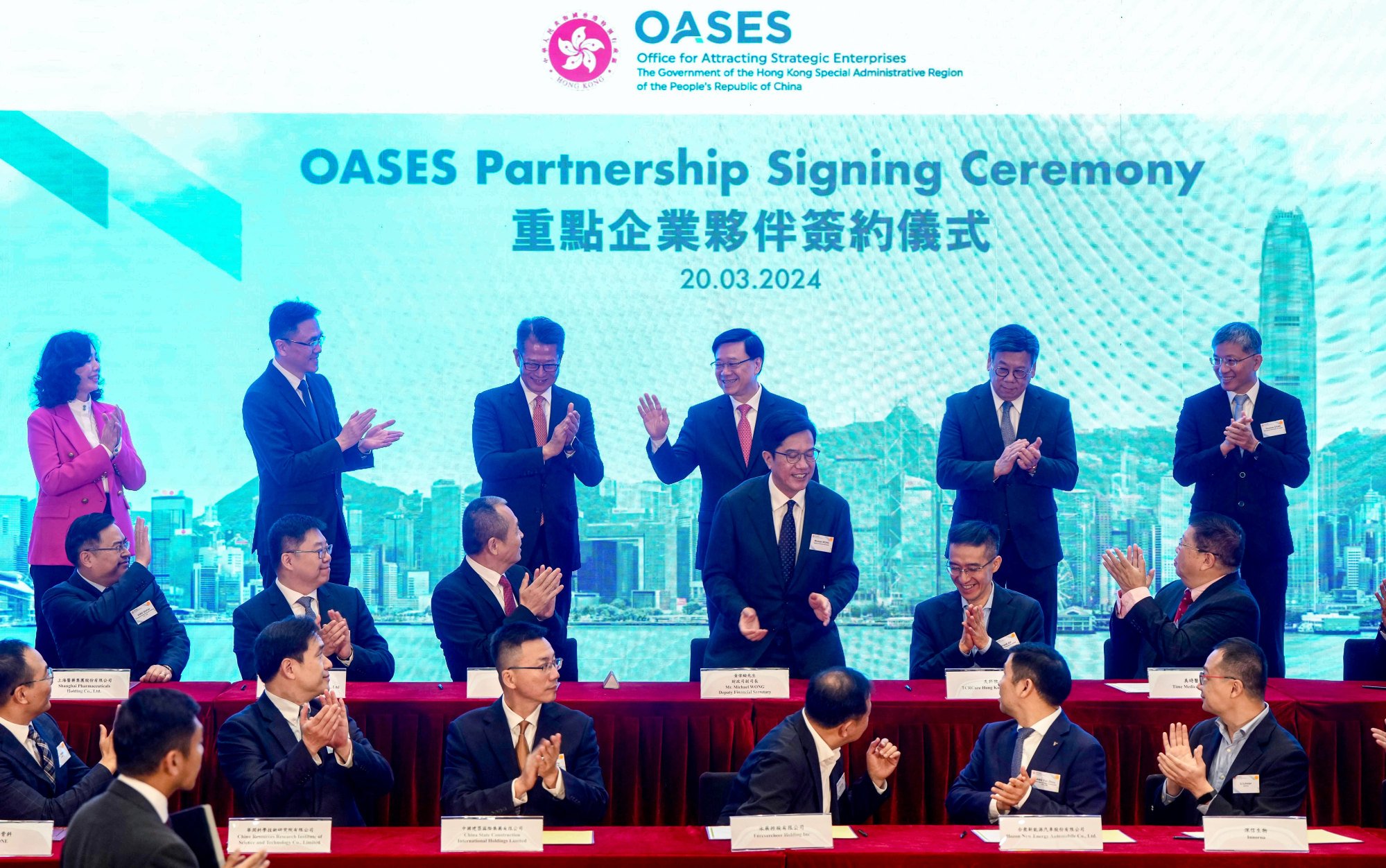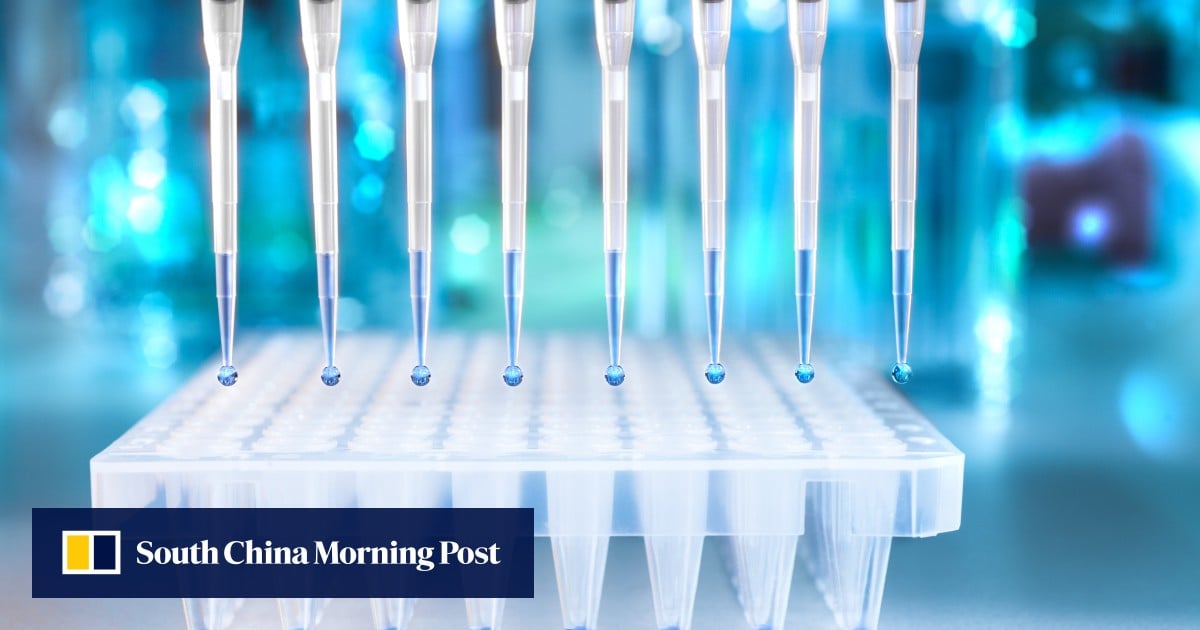Hong Kong has attracted 45 life-science technology companies to set up or expand in the city, investing HK$6.5 billion (US$832 million) since last year in what officials said is a global positive response to their effort to make Hong Kong a life and health innovation hub.
Hong Kong possesses several advantages for such companies, Maggie Lo, vice-president of life and health technology at Oases, said on Wednesday. It offers fundraising opportunities, cutting-edge research capabilities, robust policy support and a diverse pool of talent, she said.
Overseas companies are pleasantly surprised that the Hong Kong government has created funding incentives to support every stage of their development, from basic research to clinical trials, manufacturing, and sales and marketing, she said.
“We are stepping up our effort [to draw more companies],” Lo added. “So far the response has been overwhelmingly positive.”
Among the 45 companies, more than 60 per cent are in the therapeutics sector, which includes pharmaceutical products, advanced therapies and biologics.
Hong Kong’s capabilities in cutting-edge research make it well-suited for making strides in pharmaceutical research and development to discover novel drugs and develop advanced medical devices, said Andy Wong, head of innovation and technology at InvestHK.

“It will be a win-win situation for Hong Kong to collaborate with mainland Chinese companies, which are advanced in commercialisation,” he added.
As drug development, from basic research to clinical trials, typically takes more than 10 years, diagnostics is a field suitable for Hong Kong to pursue, Wong said. The category includes both imaging and laboratory tests.
The government has launched a series of support initiatives for life-science companies, Wong said, especially financial policies that aim to benefit pharmaceutical firms, considering the heavy cost of drug development.
To speed up the approval process for new drugs, the government is also working on establishing its own drug approval authority based on “primary evaluation”, Wong said. This refers to assessing primary data and information from clinical studies, as well as relevant manufacturing details.
Hong Kong currently operates under a “secondary evaluation” system, relying on approvals by 36 regulatory bodies in mainland China and overseas. To register a drug for use in Hong Kong, a pharmaceutical firm needs approval from two or more of these bodies.
Last November, a new mechanism came into effect where applications for registration of new drugs are required to submit approval from only one reference drug regulatory authority.
The third International Healthcare Week, organised by the Hong Kong Trade Development Council, will be held from May 15 to 31. InvestHK and Oases will introduce the city’s latest innovation and technology policies and initiatives to international delegations at the Asia Summit on Global Health during the event.

